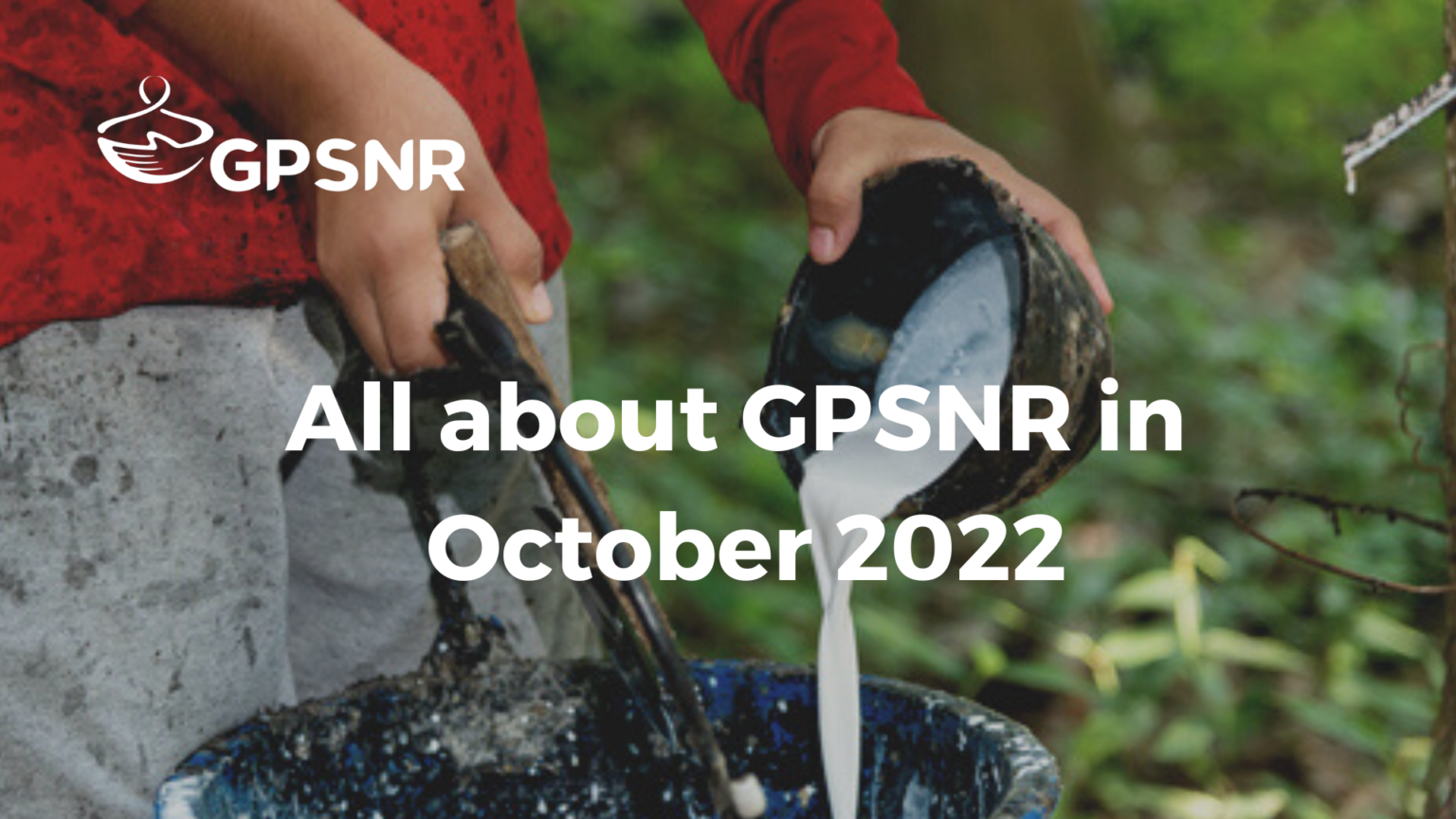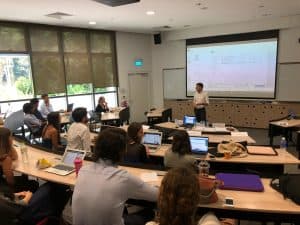Strategy and Objectives Working Group
The assurance model taskforce, which sits under the umbrella of this working group, worked on establishing KPIs, GPSNR and Company targets, and tasking the KPIs to other working groups, categories and members. Its other subgroup on risk is currently working on a proposal for the definition of polygons in the EU Deforestation Regulation based on a request from GPSNR member ETRMA. Th subgroup also has two new co-chairs – Maggie Fitzherbert from ZSL and Ayako Itoh from Bridgestone.
Smallholder Representation Working Group
After completing its first round of pilot agroforestry workshops in Indonesia, the working group has its next round planned in Cambodia starting this month. Subsequently, they are preparing for country-based focus group discussions on the Smallholders Policy Equivalent and for the GPSNR-HCSA Smallholder Toolkit Field Trials. They are also working on processing smallholder applications from Liberia and Cambodia.
Policy Toolbox Working Group
The group is working on finalizing the TORs for the Year 1 Reporting Review to be conducted in the first quarter of next year. They are also assessing if any changes to reporting framework and its details (i.e. process, extensions, questions) are needed based on the Year 1 Reporting Review results.
Capacity Building Working Group
The group is currently evaluating proposals to appoint a software developer for the second phase of the GPSNR Knowledge Sharing Platform. They have kicked off the Disease Fighting Project with SNV-IRRI in Indonesia, after having recently completed the first milestone of the SNV-Proforest GAP coaching in the country. They continue to seek members’ funding for capacity building projects in Indonesia (second stream of disease fighting) and Cote d’Ivoire (training centres). To know more, you can find the project details here.
Shared Responsibility Working Group
The group is working on the deliverables discussed for each of its sub working groups during the in-person meetings, and will present findings to the membership on 15th November 2022.






